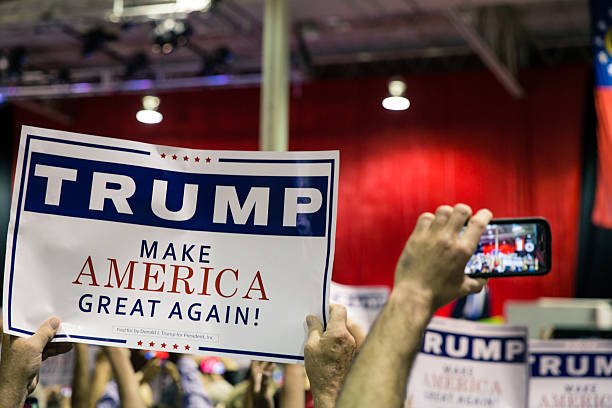
A Direct Challenge to Free Speech
President Donald Trump has signed an executive order seeking to criminalize flag burning, reigniting one of the most heated constitutional debates in American politics. The move directly challenges decades of Supreme Court precedent, which has consistently upheld flag desecration as a form of protected free speech under the First Amendment.
Legal Precedent Under Threat
The order appears to target the landmark 1989 Supreme Court case Texas v. Johnson, which struck down laws banning flag burning. In that ruling, the Court affirmed that even offensive or unpopular forms of political expression are shielded by the Constitution. By criminalizing the act, Trump is forcing a legal confrontation that could put the existing precedent at risk if the matter reaches the Court again. Critics argue this is a deliberate attempt to reshape constitutional interpretation through a more conservative judiciary.
Political and Social Reactions
The executive order has sparked an immediate wave of reactions across the country. Supporters argue that the American flag is a sacred national symbol deserving legal protection, while opponents warn that the order undermines fundamental free speech rights. Civil liberties groups have already announced plans to file lawsuits, framing the order as an unconstitutional attack on dissent. Meanwhile, lawmakers are divided, with some praising Trump’s move as patriotic and others condemning it as authoritarian overreach.
Conclusion
By signing the order against flag burning, Trump has positioned himself at the center of a legal and cultural battle over the limits of free expression. The Supreme Court is now likely to face renewed pressure to revisit its landmark ruling, raising the stakes for the future of First Amendment protections in the United States.